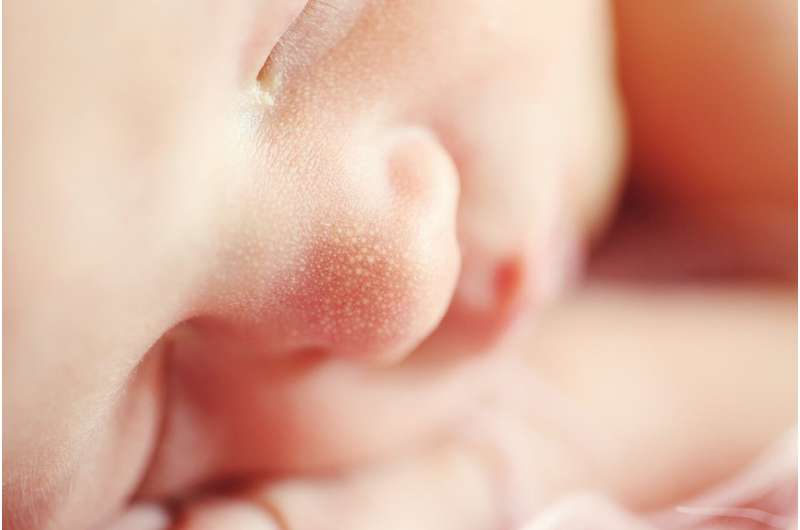
Four young children have gained life-changing improvements in sight following treatment with a pioneering new genetic medicine through UCL Institute of Ophthalmology and Moorfields Eye Hospital, with the support of MeiraGTx.
The children were born with a severe impairment to their sight due to a rare genetic deficiency that affects the AIPL1 gene. The condition, a form of retinal dystrophy, means those affected are born with only sufficient sight to distinguish between light and darkness. The gene defect causes the retinal cells to malfunction and die, with children affected being legally certified as blind from birth.
The new treatment is designed to enable the retinal cells to work better and to survive longer.
The procedure, developed by UCL scientists, consists of injecting healthy copies of the gene into the retina at the back of the eye through keyhole surgery. These copies are contained inside a harmless virus, so they can penetrate the retinal cells and replace the defective gene.
The condition is very rare, and the first children identified were from overseas. To mitigate any potential safety issues, the first four children received this novel therapy in one eye only. All four saw remarkable improvements in the treated eye over the following three to four years, but lost sight in their untreated eye.
The outcomes of the new treatment, reported in The Lancet, show that gene therapy at an early age can dramatically improve sight for children with this condition—one that is rare and particularly severe. Successful gene therapy for another form of genetic blindness (RPE65 deficiency) has been available on the NHS since 2020.
These new findings offer hope that children affected by both rare and more common forms of genetic blindness may in time also benefit from genetic medicine.
The team is now exploring the means to make this new treatment more widely available.
Professor James Bainbridge, professor of retinal studies at UCL Institute of Ophthalmology and consultant retinal surgeon at Moorfields Eye Hospital, said, “Sight impairment in young children has a devastating effect on their development. Treatment in infancy with this new genetic medicine can transform the lives of those most severely affected.”
Professor Michel Michaelides, professor of ophthalmology at the UCL Institute of Ophthalmology and consultant retinal specialist at Moorfields Eye Hospital, commented, “We have, for the first time, an effective treatment for the most severe form of childhood blindness, and a potential paradigm shift to treatment at the earliest stages of the disease. The outcomes for these children are hugely impressive and show the power of gene therapy to change lives.”
The procedure to administer the treatment to the affected children took place at Great Ormond Street Hospital. The children were assessed in the NIHR Moorfields Clinical Research Facility, and the NIHR Moorfields Biomedical Research Center provided infrastructure for the research.
More information:
Gene therapy in children with AIPL1-associated severe retinal dystrophy: an open-label, first-in-human interventional study, The Lancet (2025).
Citation:
Genetic therapy gives infants life-changing improvements in sight (2025, February 20)
retrieved 20 February 2025
from https://medicalxpress.com/news/2025-02-genetic-therapy-infants-life-sight.html
This document is subject to copyright. Apart from any fair dealing for the purpose of private study or research, no
part may be reproduced without the written permission. The content is provided for information purposes only.
Source link




